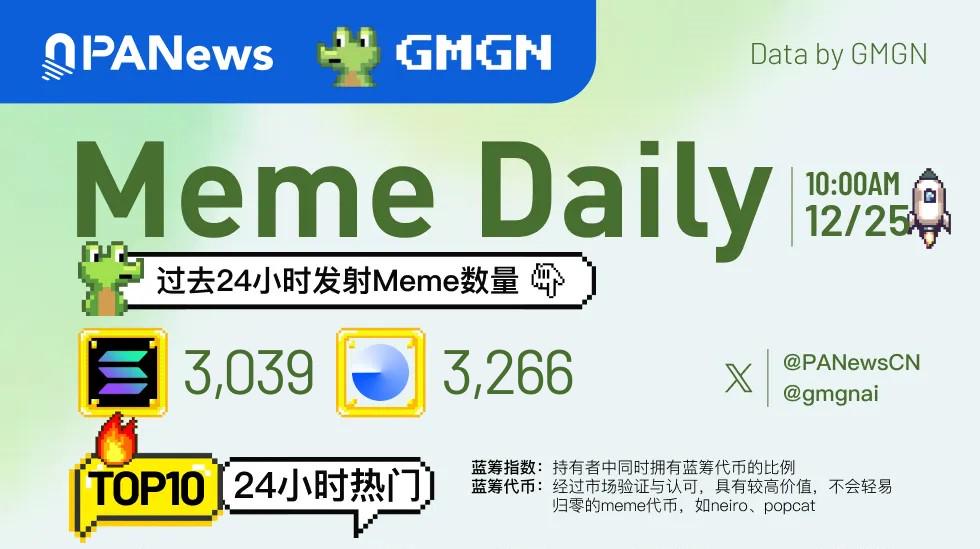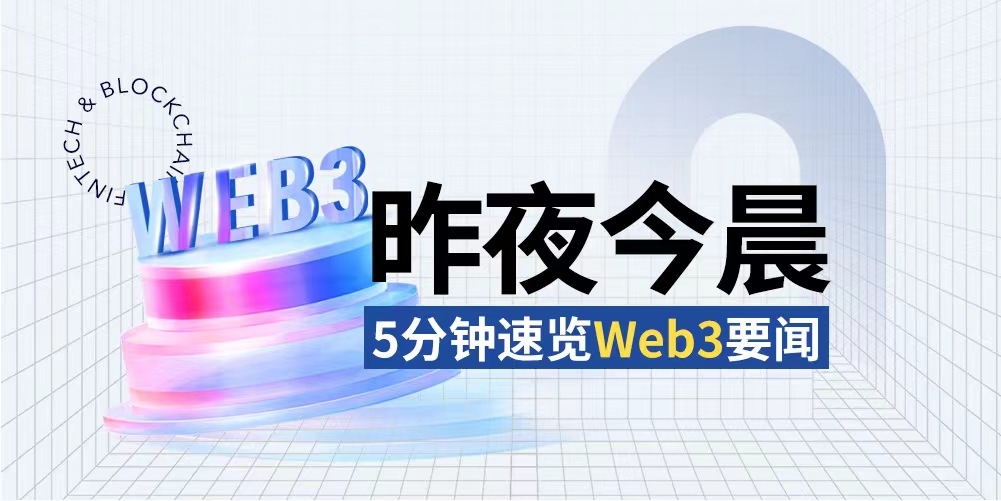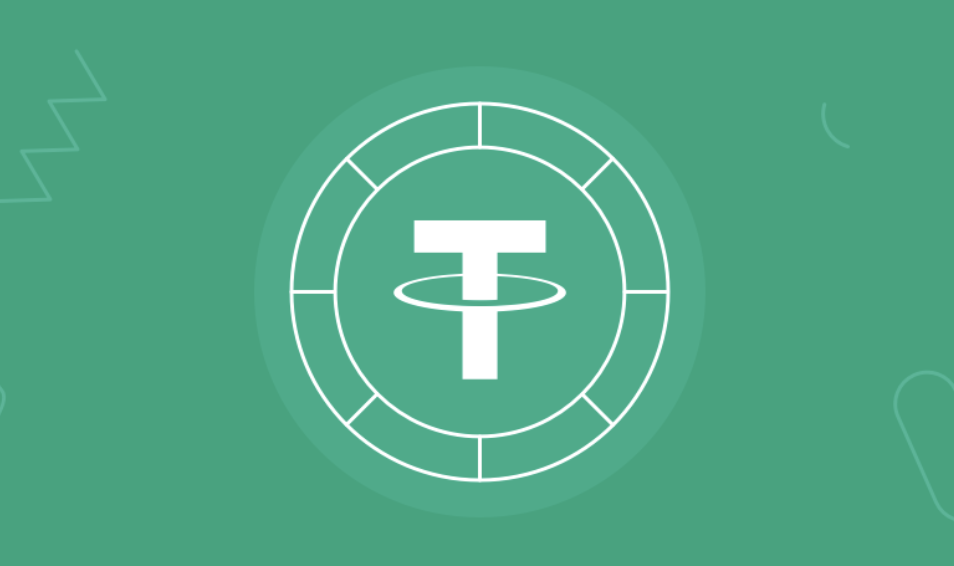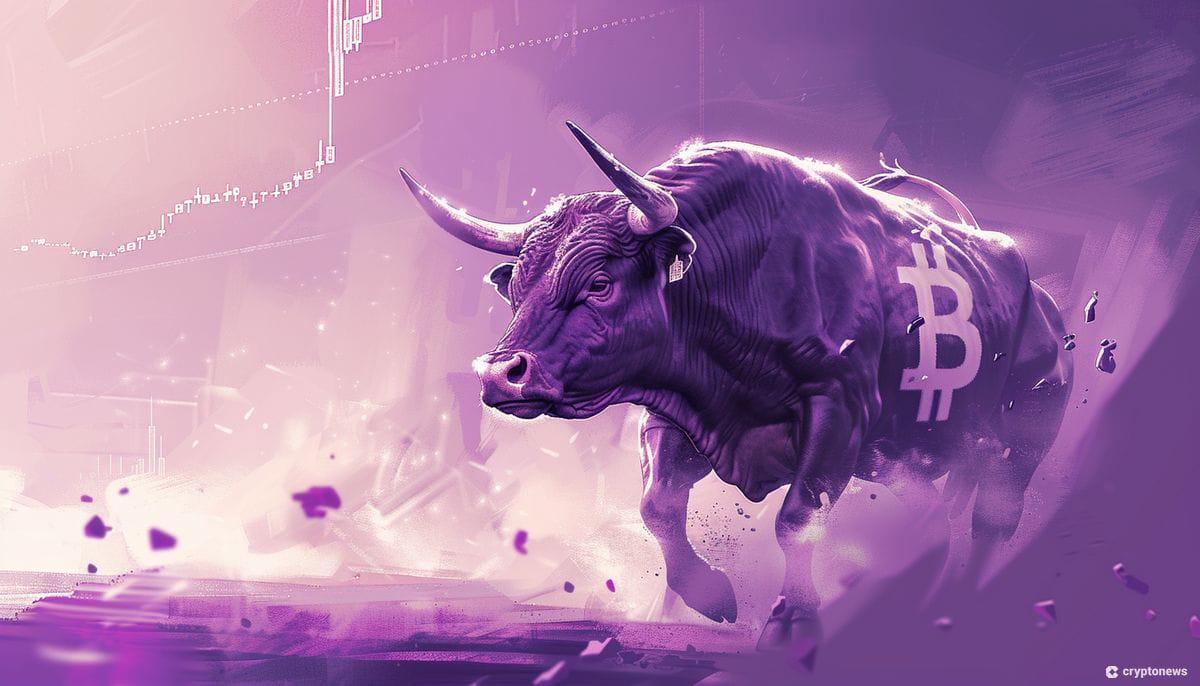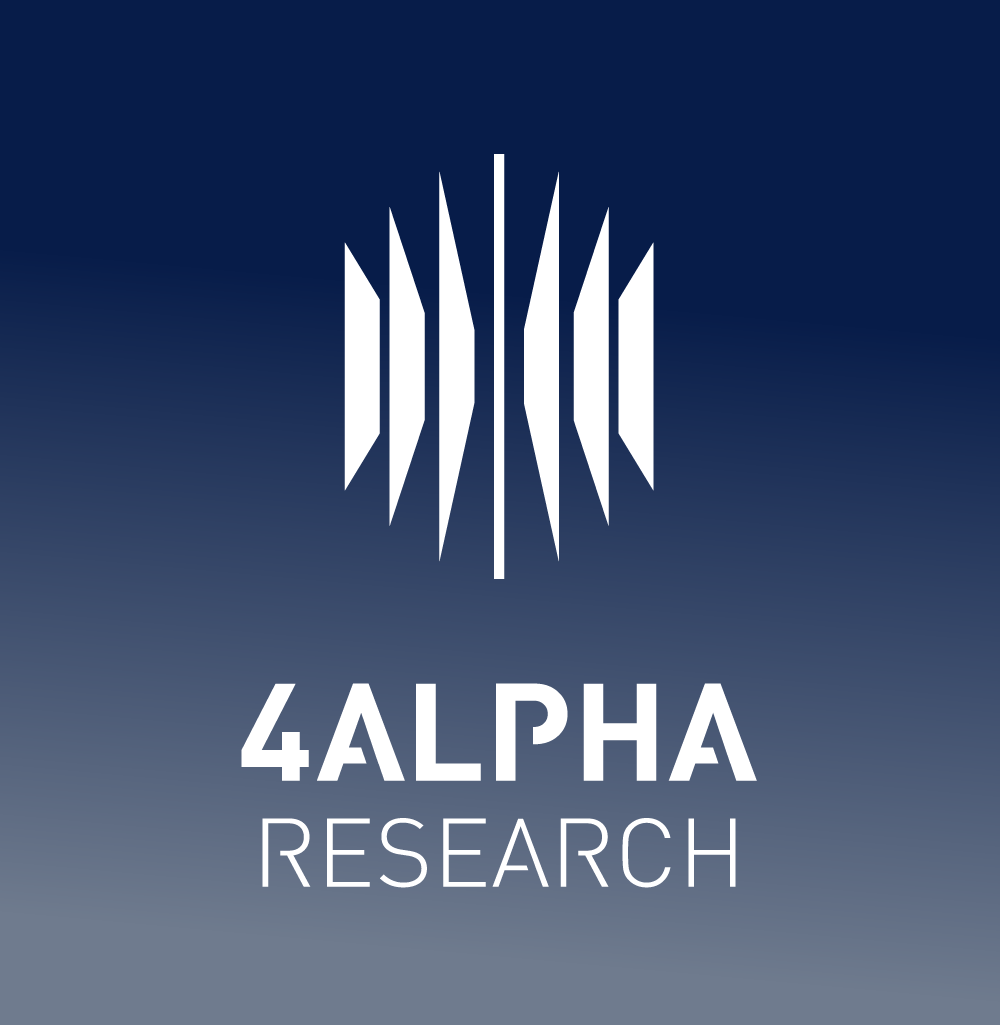-
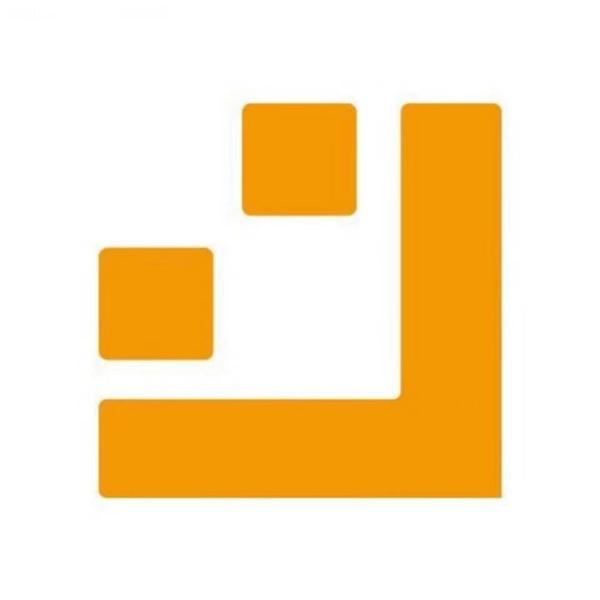 金色财经 · 29 分钟前
DeFi复兴,BTCFi Summer还远吗?
金色财经 · 29 分钟前
DeFi复兴,BTCFi Summer还远吗?随着DeFi的复兴,我们或许能够看到BTCFi的与现实金融的联结变得更加紧密,如稳定币在BTCFi 生态中的应用将不断扩大,这将为跨境支付和国际贸易提供更高效、低成本的解决方案。
-
 比推BitPush · 1 小时前
福布斯2025年加密7大预测:更多大国布局比特币储备,加密总市值超8万亿美元
比推BitPush · 1 小时前
福布斯2025年加密7大预测:更多大国布局比特币储备,加密总市值超8万亿美元随着行业将重点转向 2025 年,以下是对明年可能发生的重大事件的七大预测。
-
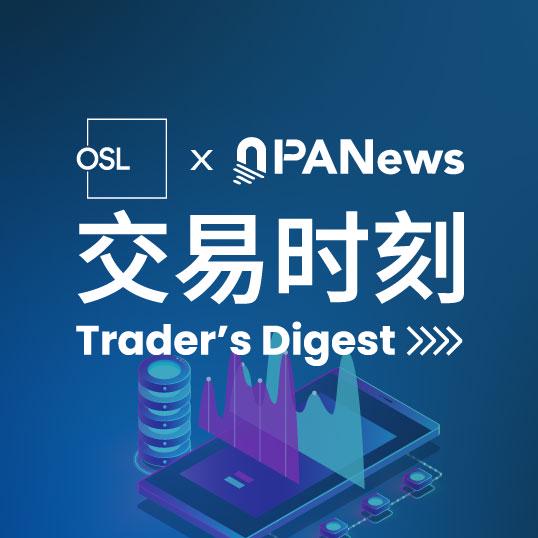 交易时刻 · 2 小时前
OSL交易时刻:加密货币呈现波动趋势,市场期待"圣诞老人反弹"
交易时刻 · 2 小时前
OSL交易时刻:加密货币呈现波动趋势,市场期待"圣诞老人反弹"每日行情重点数据回顾和趋势分析,由PANews与OSL联合出品。
-
 Techub News · 2 小时前
一文盘点2025年七大DeFi质押平台:如何最大化收益?
Techub News · 2 小时前
一文盘点2025年七大DeFi质押平台:如何最大化收益?本文探讨了一些在 2025 年可能会备受瞩目的顶级平台,包括 Lido Finance、Pendle Finance、EigenLayer、Ether.fi、Ethena、Jito 以及 Babylon。
-
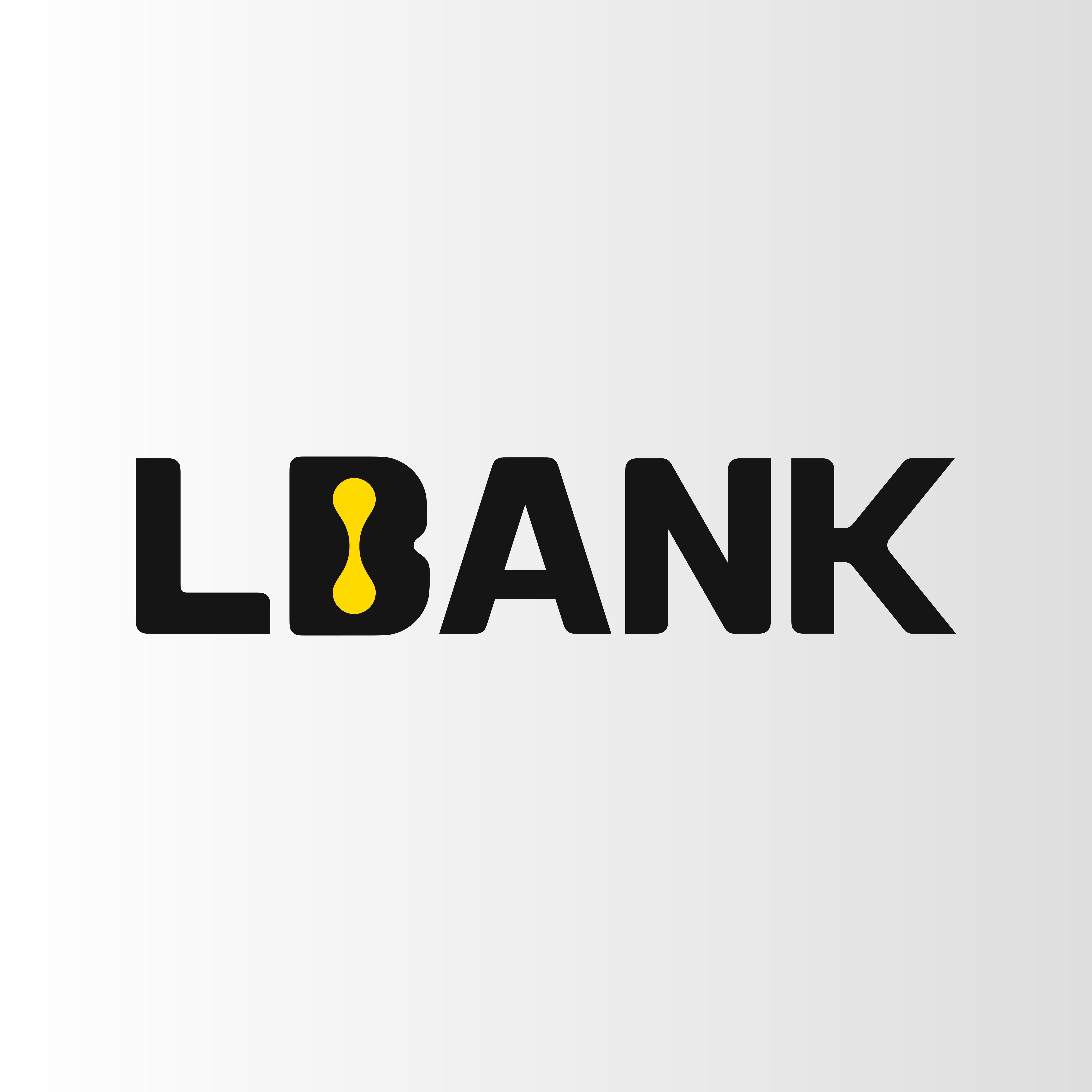 LBank · 3 小时前
LBank Research:老币暴涨主力军,数据分析Cardano快速增长背后的驱动力
LBank · 3 小时前
LBank Research:老币暴涨主力军,数据分析Cardano快速增长背后的驱动力本文将带领您深入了解Cardano的最新发展、关键数据及网络特性,探讨ADA的用例及其在整个加密经济中的角色。
-
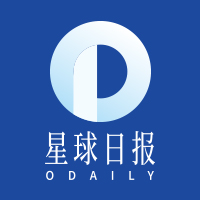 Odaily星球日报 · 3 小时前
AAVE币价再冲前高?Chainlink助力下有望每年增收数千万美元
Odaily星球日报 · 3 小时前
AAVE币价再冲前高?Chainlink助力下有望每年增收数千万美元老牌 DeFi 联手搞事,到手利润四六分成。
-
 PA一线 · 4 小时前
GoPlus发布GPS代币经济学:总量的10%将用于空投
PA一线 · 4 小时前
GoPlus发布GPS代币经济学:总量的10%将用于空投Web3网络安全公司GoPlus近日宣布将发行GPS代币,TGE详情即将公布。GPS的推出标志着将GoPlus从安全服务提供商转变为去中心化网络。GPS代币旨在为此安全生命周期的各个方面提供动力:安全服务费、质押奖励、安全交易费。关于代币经济学,GPS代币的总供应量为100亿枚,60.67%用于生态系统与社区增长,39.33%用于初期贡献者和私人投资者。
-
 PA一线 · 4 小时前
昨夜今晨重要资讯(12月24日-12月25日)
PA一线 · 4 小时前
昨夜今晨重要资讯(12月24日-12月25日)待开采的比特币已不足120万枚,流通量突破1980万枚;ai16z创始人:aiPool项目已启动,其创始人仍在尝试找回X账号;风投公司Founders Fund正为其第三支增长股权基金筹集约30亿美元
-
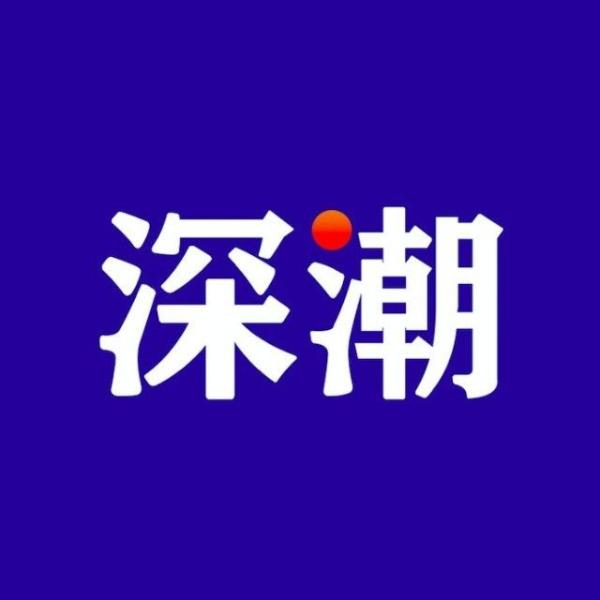 深潮TechFlow · 5 小时前
加密市场起起伏伏,不要让“涨不久”和“群友赚麻”中失去理性
深潮TechFlow · 5 小时前
加密市场起起伏伏,不要让“涨不久”和“群友赚麻”中失去理性理解自己是在投资、交易还是投机。
- 加密流通市值(7d)$3,417,196,630,158Market Cap恐惧贪婪指数(近30天)
 PA一线 · 6 小时前
风投公司Founders Fund正为其第三支增长股权基金筹集约30亿美元
PA一线 · 6 小时前
风投公司Founders Fund正为其第三支增长股权基金筹集约30亿美元由Peter Thiel联合创立的风险投资公司Founders Fund正在为其第三支增长股权基金筹集约30亿美元。Founders Fund尚未向潜在投资者提供此次新基金募集的官方规模目标,但表示30亿美元将是大致规模。
-
 PA一线 · 6 小时前
Coinbase国际站周交易量创下1190亿美元新高
PA一线 · 6 小时前
Coinbase国际站周交易量创下1190亿美元新高Coinbase国际站(Coinbase International)上周总交易量超过1190亿美元,创历史新高。该周总量比前一周总量高出124%,而过去一周的日平均值比前一周的日平均值高出164%。
-
 PA一线 · 6 小时前
韩国11月加密货币日均交易量与股市持平,总投资者数量突破1500万人
PA一线 · 6 小时前
韩国11月加密货币日均交易量与股市持平,总投资者数量突破1500万人韩国银行数据显示,截至11月底,韩国加密货币投资者数量达到1559万,较10月增加了61万。这一数字占该国总人口的30%以上,反映出在美国当选总统特朗普承诺支持加密货币行业后,市场活动有所增强。比特币价格的上涨也助推了这一趋势的增长。
-
 PA一线 · 6 小时前
某匿名用户10天前曾在Babylon上质押1万枚BTC,价值超10亿美元
PA一线 · 6 小时前
某匿名用户10天前曾在Babylon上质押1万枚BTC,价值超10亿美元比特币质押协议Babylon在官方博客中披露,12月15日,在Babylon比特币质押协议主网的第三次上线期间,一名匿名质押者通过三笔交易质押了1万枚比特币,价值超过10亿美元。
-
 WOO · 6 小时前
旱涝保收,盘点新兴生息稳定币
WOO · 6 小时前
旱涝保收,盘点新兴生息稳定币有鉴于 Ethena 的成功案例,市场上也浮出越来越多生息稳定币相关协议。
-
 PA一线 · 15 小时前
MicroStrategy计划将普通股数量从目前的3.3亿股大幅增加至103亿股
PA一线 · 15 小时前
MicroStrategy计划将普通股数量从目前的3.3亿股大幅增加至103亿股据巴伦周刊援引MicroStrategy文件报道,MicroStrategy公司计划将授权普通股数量从目前的3.3亿股大幅增加至103亿股,增幅高达3000%。此提案将在特别股东大会上进行表决。
-
 PA一线 · 16 小时前
HIVE Digital斥资3000万美元在魁北克部署H100和H200 GPU集群
PA一线 · 16 小时前
HIVE Digital斥资3000万美元在魁北克部署H100和H200 GPU集群据HIVE Digital Technologies发布的公告,公司已投资3000万美元采购和部署NVIDIA H100和H200 GPU集群,用于支持快速增长的人工智能需求。这些高性能计算(HPC)集群将部署在加拿大魁北克,并完全使用可再生能源供电。
-
 ChainFeeds · 16 小时前
解密RISC Zero产品矩阵:如何助力以太坊迈向ZK化未来?
ChainFeeds · 16 小时前
解密RISC Zero产品矩阵:如何助力以太坊迈向ZK化未来?近日,RISC Zero zkVM 发布了 1.2 版本,引入了一种全新的预编译方式,允许开发者将预编译逻辑与应用程序一起部署,而无需内置于 zkVM 本身。
-
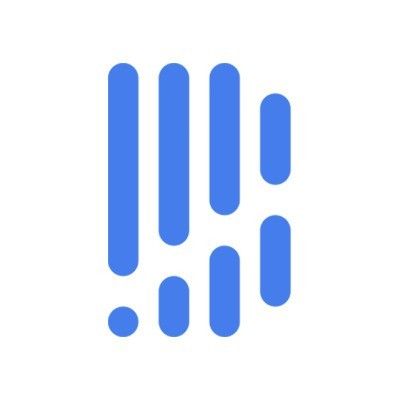 区块律动BlockBeats · 17 小时前
解读自主AI进化平台Spore.fun:AI代理的“伊甸园”会成为下一个Alpha吗?
区块律动BlockBeats · 17 小时前
解读自主AI进化平台Spore.fun:AI代理的“伊甸园”会成为下一个Alpha吗?Spore.fun 不仅是一个娱乐项目,更是一个关于智能进化和自我实现的实验。
-
 PA一线 · 18 小时前
待开采的比特币已不足120万枚,流通量突破1980万枚
PA一线 · 18 小时前
待开采的比特币已不足120万枚,流通量突破1980万枚目前已挖出的比特币流通量突破1980万枚,待开采量约为119.95万枚。目前比特币挖矿的区块奖励为3.125枚,平均每日产出约450枚BTC。
更多内容 Dec . 25
Dec.25
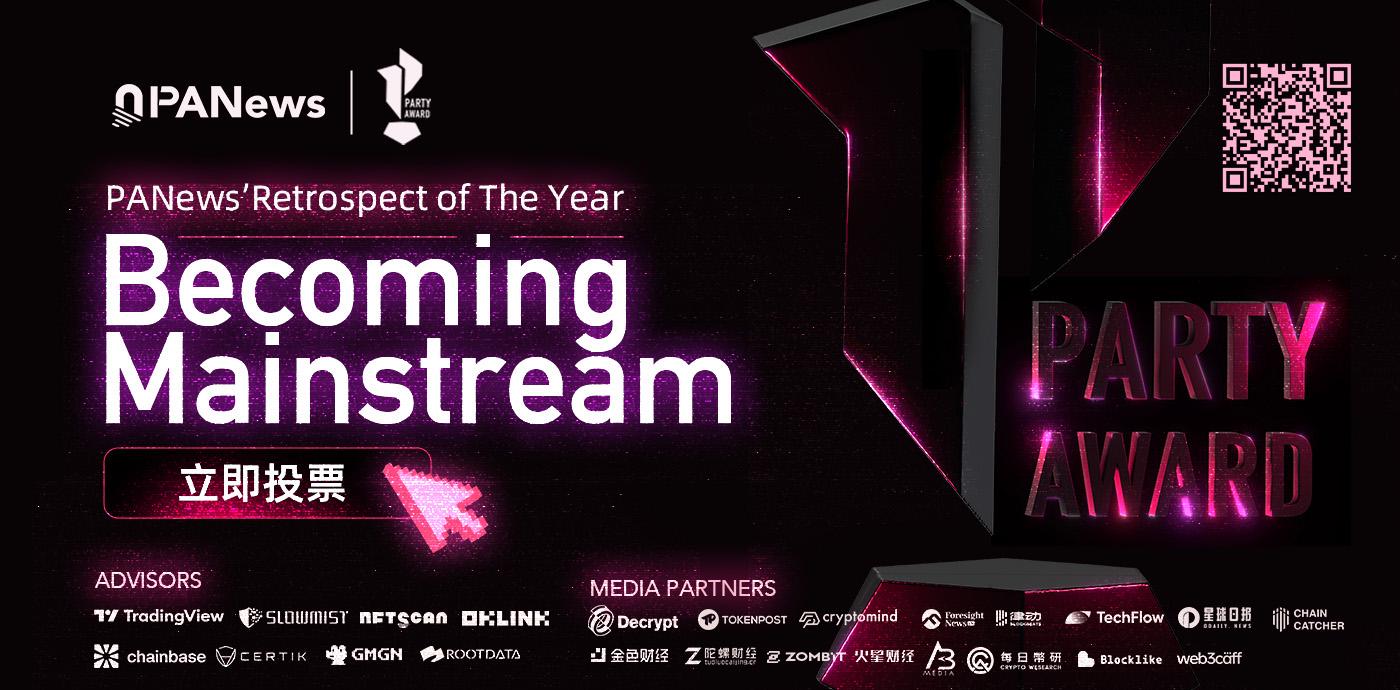
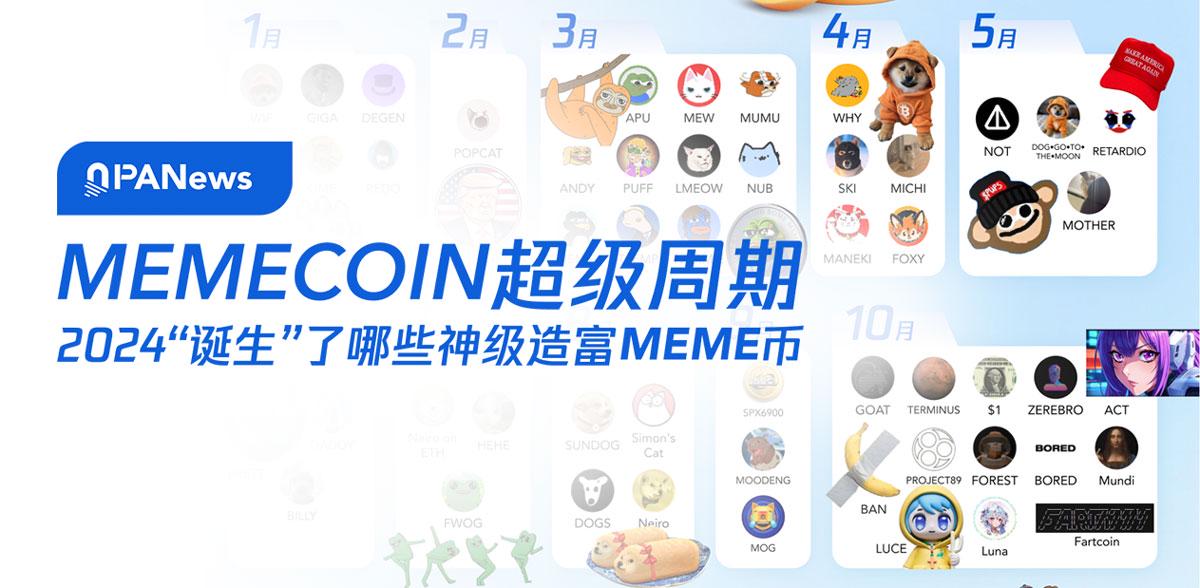
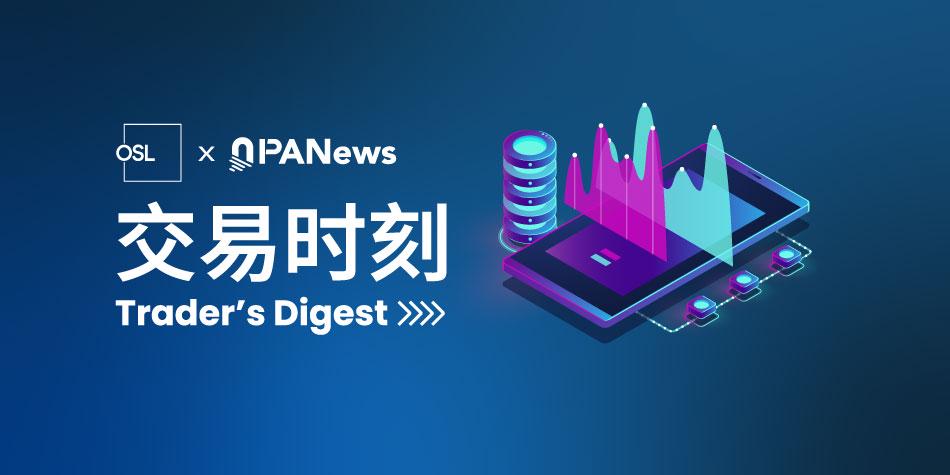
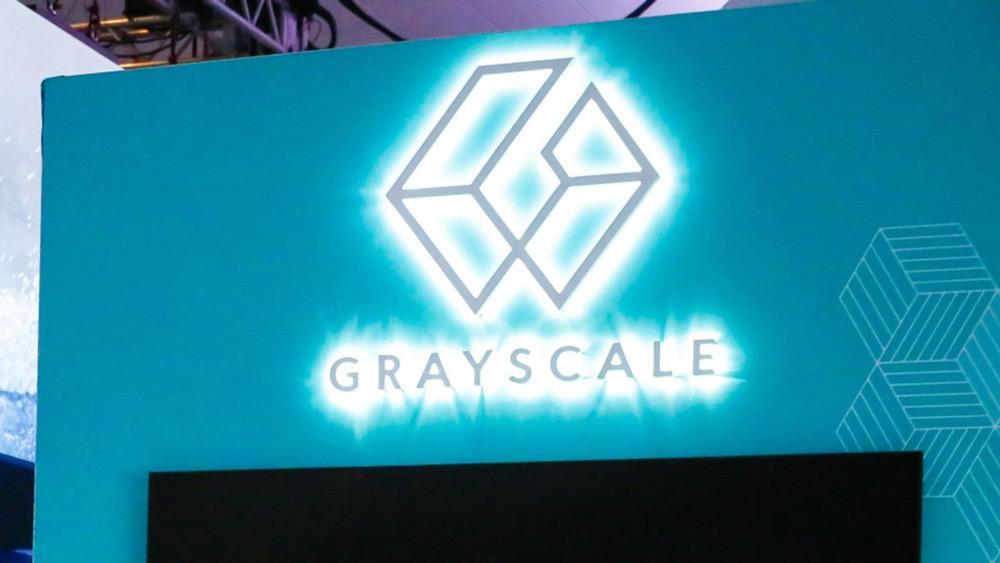

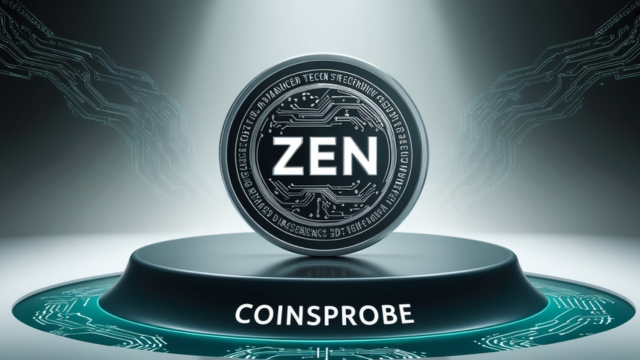


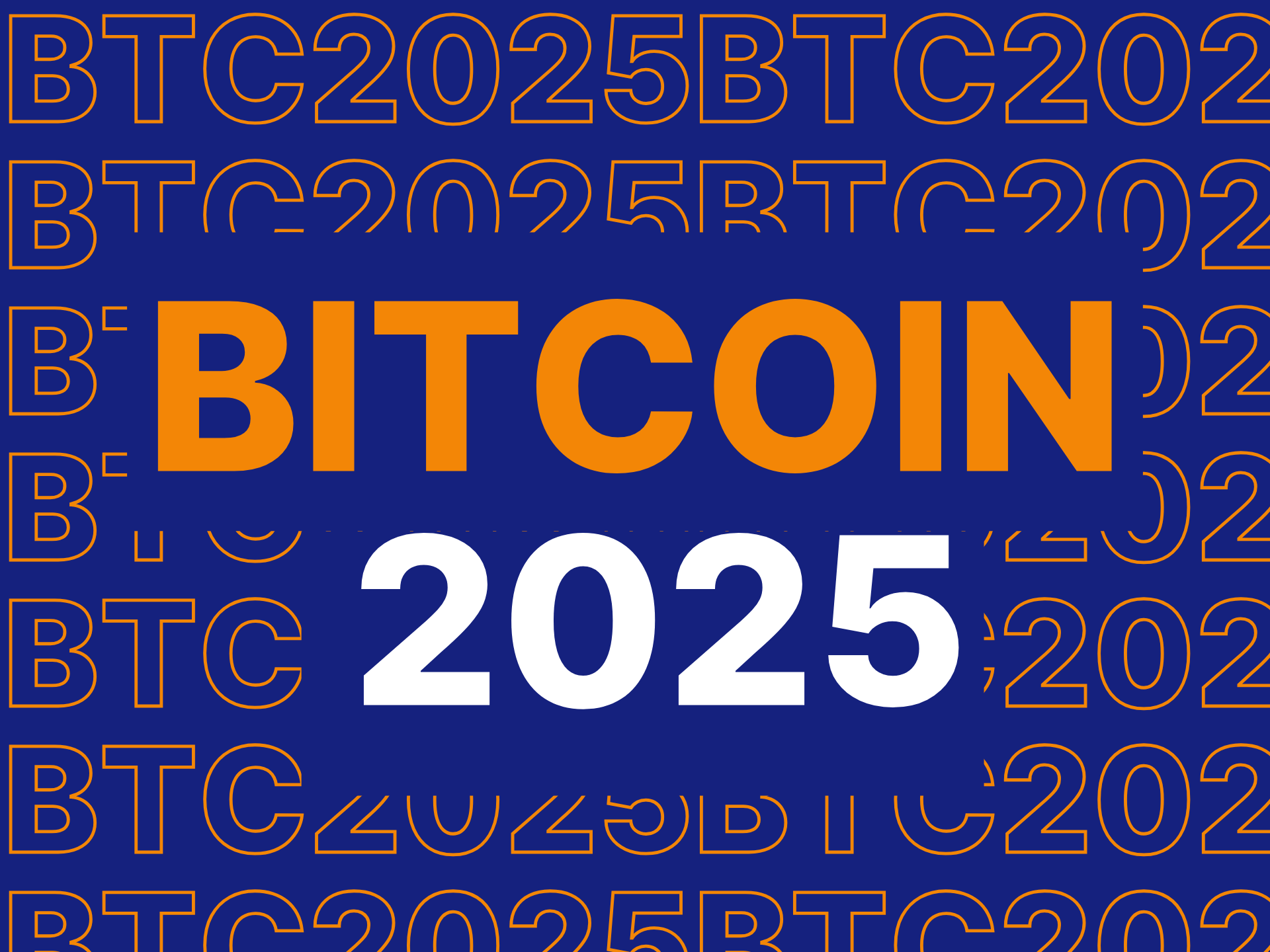
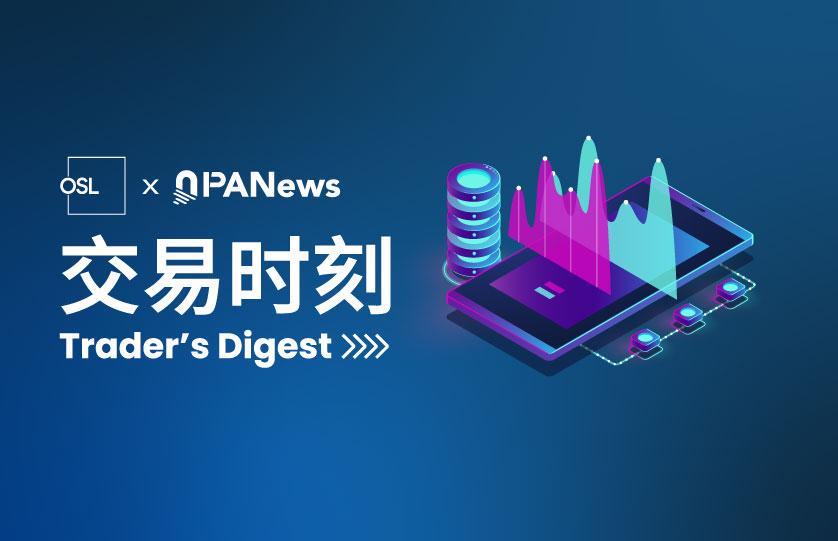









 Meme日报 · 3 小时前
Meme日报 · 3 小时前
